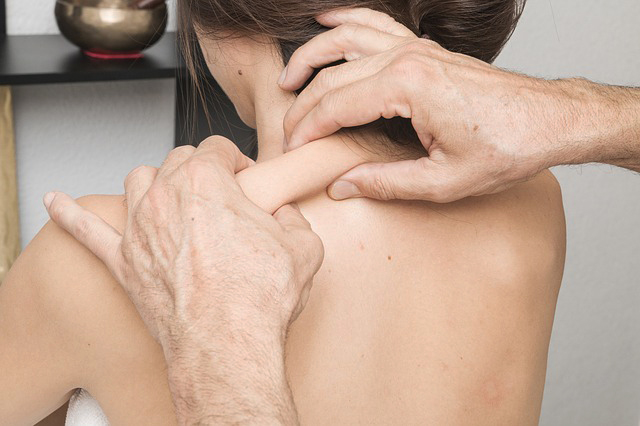Winter is coming. Actually, it’s already here. The United States has been hit by some of the coldest weather in years! Even in the traditionally warm south, temperatures have dropped to freezing and below. Unfortunately, people who suffer from joint and muscle pain, and conditions such as arthritis, often face increased pain when the temperatures drop.
Why? There is some debate around why joint and muscle pain increases during the winter months. However, anyone who has suffered from arthritis, old sports injuries, and everything else already knows that joint and muscle pain does increase as the temperature drops.
This isn’t just our personal musings either. Tufts University conducted research back in 2007 that found that for every 10 degree drop in temperature, arthritis pain increased incrementally. Researchers have since developed an “Arthritis Index” to predict just how sore your joints will be.
Less Blood Flow Could Be Choking Joints
It’s winter time. It’s cold outside, but you have the proper winter gear. So you set off into the snow, taking a brief jog around the block. You get back, having run your normal route but find that your knees ache far more than usual. Why? One leading theory is that the cold decreases blood flow.
Generally, heat expands and cold shrinks materials. The same is true with blood vessels. When it’s cold out your blood vessels will contract. Your body likely contracts blood flow on purpose, sending more blood to your vital organs in the center of your body. When it comes to survival, this tactic could save your life if you end up stuck out in the cold.
Unfortunately, this tactic can be a literal pain for joggers and others who spend time outdoors. A careful jogger won’t put herself in danger and will be properly wrapped up. Her route will also be appropriate for the weather and conditions. However, the body will likely engage in the same self-preservation method regardless.
Could Increasing Barometric Pressure Cause an Inflammatory Response?
Another popular theory is that increasing barometric pressures cause the joints to become inflamed. Inflammation is a vital function of the body and is often associated with they body repairing itself. When you get sick and suffer some form of inflammation, it’s often intentional on the body’s part.
Unfortunately, inflammed joints can cause a lot of pain. Even more unfortunate, low barometric pressure can inflame joints. Barometric pressure basically refers to the weight of the world’s atmosphere at ground level. During the winter, this pressure often increases, which can cause increased inflammation.
Check out this very helpful All-in-One Pain Management Guide here
For a Recommended Muscle & Joint Therapeutic Cream check out Jadience Herbal Formulas’ best-selling pain relief and massage cream here

